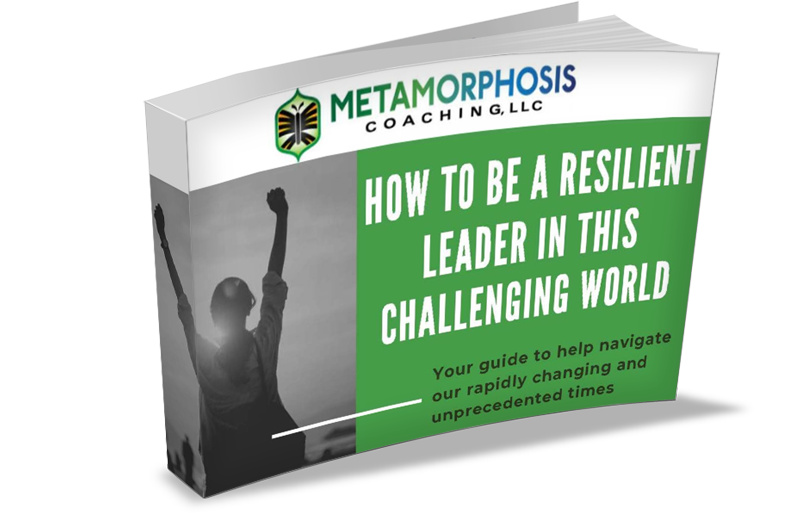Fraudulent Credit Card Charges and PQ vs EQ

Fraudulent Credit Card Charges and PQ vs EQ
This past Monday, I woke up in a great mood and ready for the week. My mood slightly deteriorated while at the gym when I noticed a notification from my credit card for a $98 charge at Walmart, enrolling me in some sort of membership I didn’t authorize. Seconds later, my son calls me saying his debit card was also charged for $98 at Walmart. I did a Google search and confirmed a data breach from Walmart and, essentially, fraudulent charges for both me and my son. A subsequent call to my credit card company left me in a sour mood as I had to cancel my card, await a replacement, and, more annoyingly, update the 40 or so vendors where I have recurring charges. Oh, the time this will take [waste], grrrrrrrrr!!!! Surprisingly, I checked in with myself and realized I didn’t freak out, I was actually very calm and laser-focused and went right into problem-solving mode. My foundation in Positive Intelligence kept me grounded, calm, and laser-focused and facilitated my Emotional Intelligence to both problem-solve and exercise flexibility.
Positive Intelligence (PQ) and Emotional Intelligence (EQ) are both vital for personal growth and professional success, yet they address different aspects of how we understand and manage our minds. Emotional Intelligence focuses on recognizing, understanding, and managing emotions—both our own and those of others. It involves skills like empathy, self-regulation, and interpersonal communication, which help us build strong, positive relationships. Positive Intelligence, on the other hand, centers on developing “mental fitness,” the ability to handle life’s challenges with a positive mindset, or in my fraudulent charge example, bouncing back and handling setbacks without falling apart or wasting additional time. PQ is grounded in principles from neuroscience and positive psychology, emphasizing the identification and interception of self-sabotaging patterns, or “saboteurs,” that often prevent us from achieving our potential. This emphasis on mental fitness makes PQ a unique and complementary approach to EQ development.
A foundation in Positive Intelligence enhances Emotional Intelligence by addressing the root causes of emotional responses. Often, our reactions are shaped by mental saboteurs like the “Judge” or the “Avoider,” which influence how we perceive and process situations. PQ helps us become more aware of these patterns, allowing us to pause and respond more thoughtfully rather than reacting automatically. By building mental fitness, individuals can recognize when their thoughts or emotions are being hijacked by these saboteurs, gaining control over impulsive or negative reactions. This improved self-awareness strengthens EQ, as it enables more genuine empathy, better self-regulation, and more constructive communication, even in high-pressure situations.
In practice, cultivating PQ creates a durable foundation for EQ because it raises our capacity for resilience, adaptability, and clarity. When we understand the thought patterns that sabotage us, we’re better equipped to manage emotional triggers and stay grounded in challenging situations. This self-mastery is the bedrock of Emotional Intelligence, making it easier to develop empathy, compassion, and authentic connection with others. With both Positive Intelligence and Emotional Intelligence in place, we gain not only the skills to manage emotions effectively but also the mental strength to maintain a positive, growth-oriented approach to our lives and relationships, driving both personal fulfillment and professional success, even when things like bogus credit card charges irritate the Controller saboteur.
Special Report:
How to be a Resilient Leader in this Challenging World. PLUS More Free Resources!

Sign up below and get your FREE "How to Be a Resilient Leader in This Challenging World" Report today!
